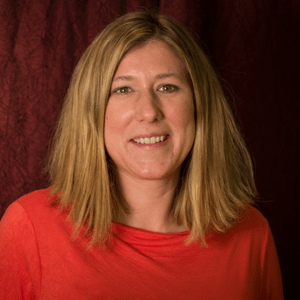Innovation is at the heart of education. In order for our state and country to continue to be competitive in our global markets; as educators, we have an obligation to ensure our students are learning not only how to be problem solvers and critical thinkers, but also how to innovate and think creatively in order to solve those problems.
This year, the Clark County Skills Center opened two new buildings and two new programs. The Aviation Technology program offers students the opportunity to begin earning their private pilot license by using state of the art aviation equipment. The Homeland Security Program offers students an inside look at the complicated relationships between the various departments within Homeland Security while learning about emergency preparedness and responses to domestic and global terrorism. Students have the opportunity to use the same kinds of equipment our local agencies use to train in response to man-made and natural disasters. The cosmetology program has a beautiful new salon with modern equipment that allows them to work on clients, and practice their skills in order to become state licensed cosmetologists by the time they graduate from high school.
These are all exciting innovative opportunities for students at the Clark County Skills Center, but innovation happens sometimes in less obvious ways. This year, two teachers – in two very different programs – are piloting a project designed to focus on explicitly teaching and evaluating 21st century skills. This will allow us to more clearly identify the growth a student has toward specific skills they need to be successful whether they are going off to college once they graduate or straight into our workforce.
It is harder to do this than one might think. The questions that come up include, ‘How do I teach a student to think critically? What does that look like when I also have to teach them how to use specific tools, or practice specific skills for their industry?’ At the Skills Center, we are in a unique position to do what other schools and teachers can’t do. We get to put a context on the skills and tools and give them the answers to ‘Why?’ The projects students complete in their programs teach them academic skills and 21st century skills in a real-world context, not something the teacher tries to recreate in the classroom. This is where innovation is so clearly evident and in effect in our school.
In our Pre-Engineering program, the students are working with a company to develop a way to turn the hot air blowing out of a CPU into energy to power the computer lab. They are using their skills and tools to solve a complex problem that requires them to think critically, to use the scientific method, work collaboratively in teams and come up with a solution that meets the specific needs in industry.
Current research says young people will change jobs more than five times in their lifetime of work. Our focus on combining industry standards with 21st century skill standards means students of the Clark County Skills Center are better prepared for the future of work because they are developing the problem solving, critical thinking and collaboration skills necessary to be successful regardless of the career path they choose.
Asking students a question like ‘What is your idea to change the world?’ and then giving them the tools and the thinking skills they need to come up with incredible answers and solutions, is how the Clark County Skills Center creates innovative, energetic thinkers who believe anything is possible.
Jill Neyenhouse is an instructional coach/CTE teacher cert program manager at the Clark County Skills Center in Vancouver. She can be reached at 360.604.1074.




